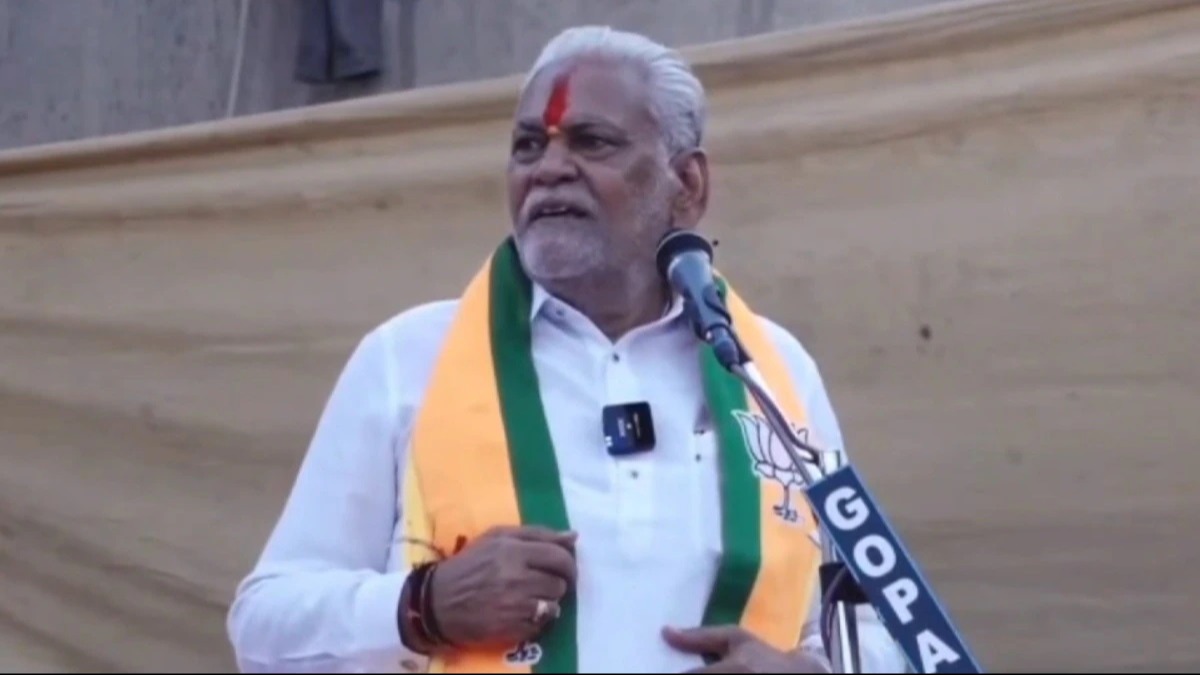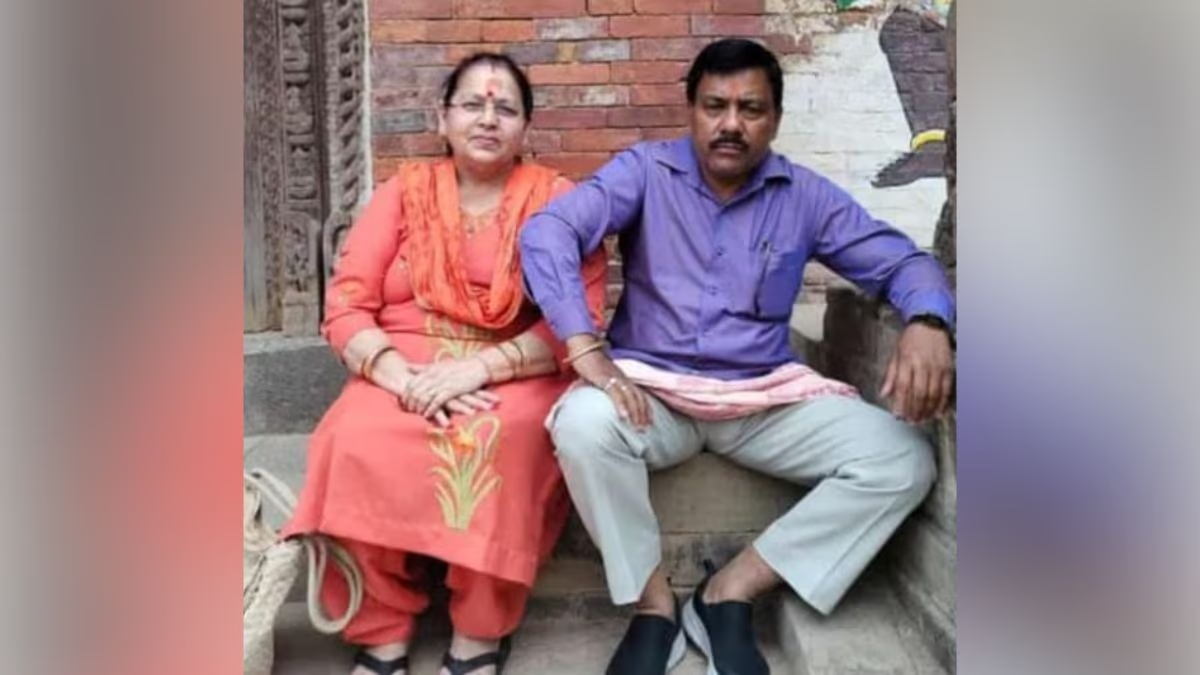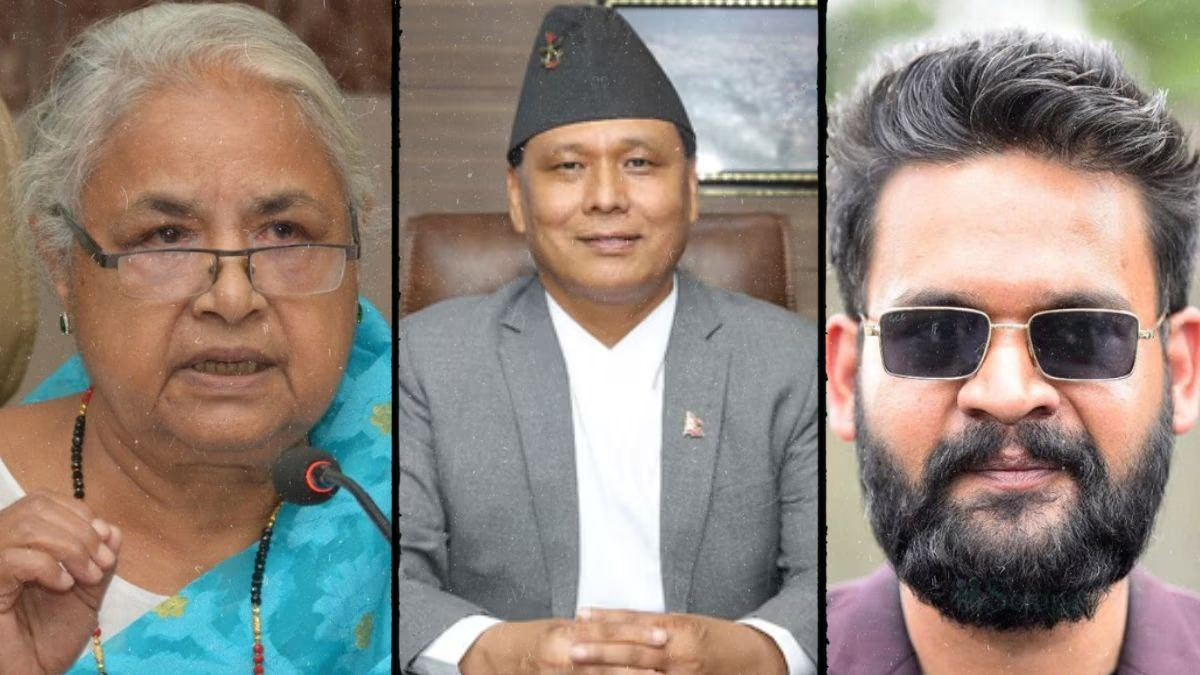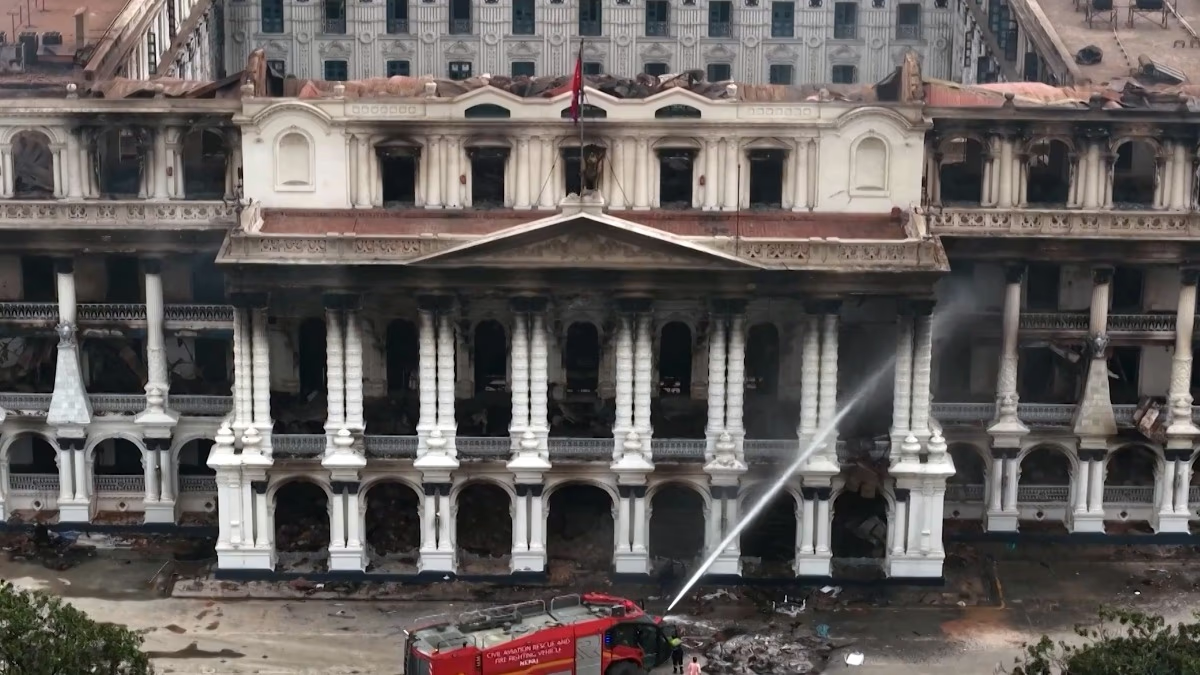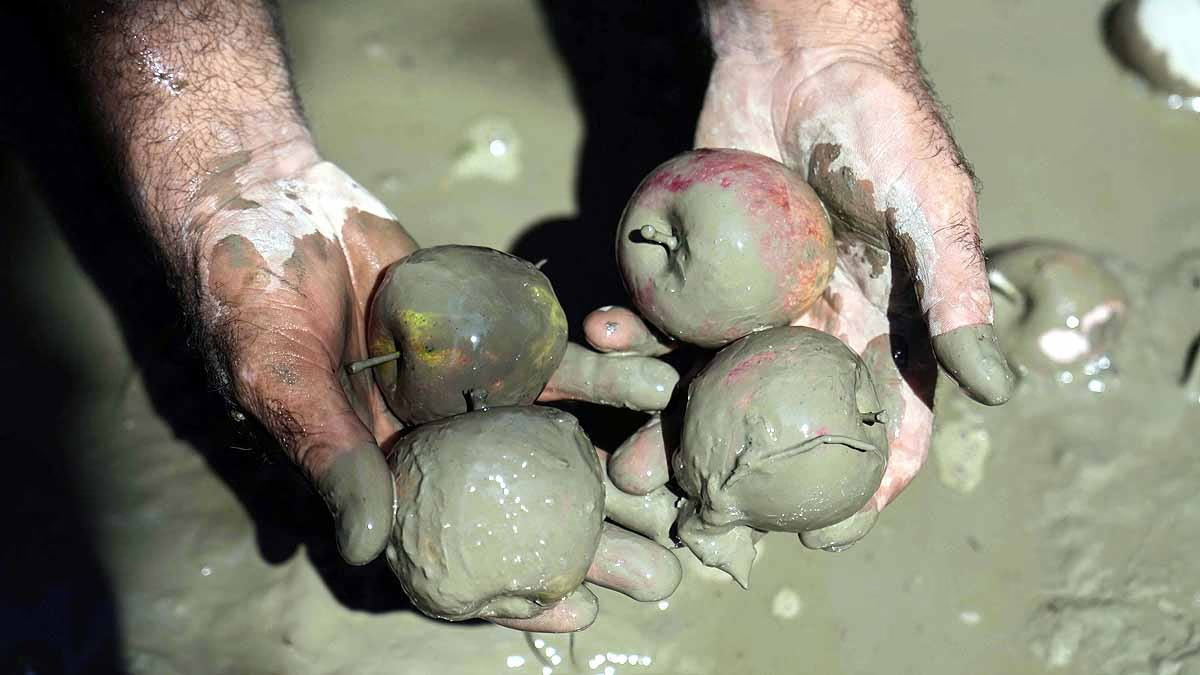Once steadfast voters of BJP, Rajputs from Gujarat to UP are disgruntled today. The party is clueless on how to appease them. A slip of the tongue by Central Minister and Rajkot's BJP parliamentary candidate, Purushottam Rupala, spawned a new problem for BJP in the national political arena.
Rajputs in Gujarat have repeatedly declared no animosity towards Modi, but Rupala's safety is not assured. Their discontent now extends beyond Rupala to BJP and Prime Minister Narendra Modi. This frustration is apparent in Bardoli, where Rajputs convened on Sunday and swore to defeat BJP. The leader of the Rajputs, Karan Singh Chavda, addressed the assembly in Bardoli, invoking the Ashwamedha horse, claiming it has reached from Surendranagar to Bardoli - challenging anyone to stop or surrender. Rajputs, traditionally seen as the champions of Hindutva, are no longer in spirit to cross swords with BJP. Instead, they're employing saffron flags, not black, in their demonstrations against the party. Despite the damage inflicted in the first two phases, five more election phases remain. What are the reasons behind BJP's tolerance for the Rajput ire but inaction towards Rupala?
Rajput and Patidar voters – BJP's traditional vote bank
BJP's biggest dilemma is that Kshatriyas and the Patidar community, including Purushottam Rupala's, have been its staunch supporters. Patidars and Kshatriyas in Saurashtra have experienced a cold war for years. The political climate has changed, yet old tales continue to sting. BJP considers both communities as its traditional voter bank and is confident these groups will lend their votes once again.
Saurashtra's seven Lok Sabha seats – Rajkot, Jamnagar, Junagadh, Bhavnagar, Surendranagar, Amreli, and Kutch have always showcased the dominance of caste over religion in political choice, selecting candidates based on their caste.
Kshatriya voters not decisive in election outcomes
Compared to the Patidars, Kshatriya voters are significantly fewer in Saurashtra and it's unlikely they can sway election results single-handedly in Gujarat. However, their collective dissent might narrow BJP's victory margin across several seats, though not enough to cause defeat. Meanwhile, BJP's challenges in regions outside Gujarat, like west UP, Himachal, and parts of MP-Rajasthan are growing due to the Rajput displeasure.
The most powerful in Gujarat are unquestionably the Patidars with a significant political presence. BJP inducted Hardik Patel into the party to pacify them. From Sardar Vallabhbhai Patel to Keshubhai Patel, the Patels have been pivotal in Gujarat's political landscape. Before the legislative elections in 2022, BJP even appointed a Patidar, Bhupendra Patel, as chief minister.
Patidar opposition could spell trouble for BJP
Kshatriya and Patidar conflicts in Gujarat have a violent past. Any misstep by BJP in managing these socio-political intricacies could have far-reaching consequences. Whether it is the Kshatriyas’ anger over Rupala or the Patidar's sway over election results, BJP's handling of these issues could determine its future in the state.
In the end, it seems balancing the delicate scales of caste and community loyalties remains a precarious endeavor for BJP in its quest for harmony and votes.
